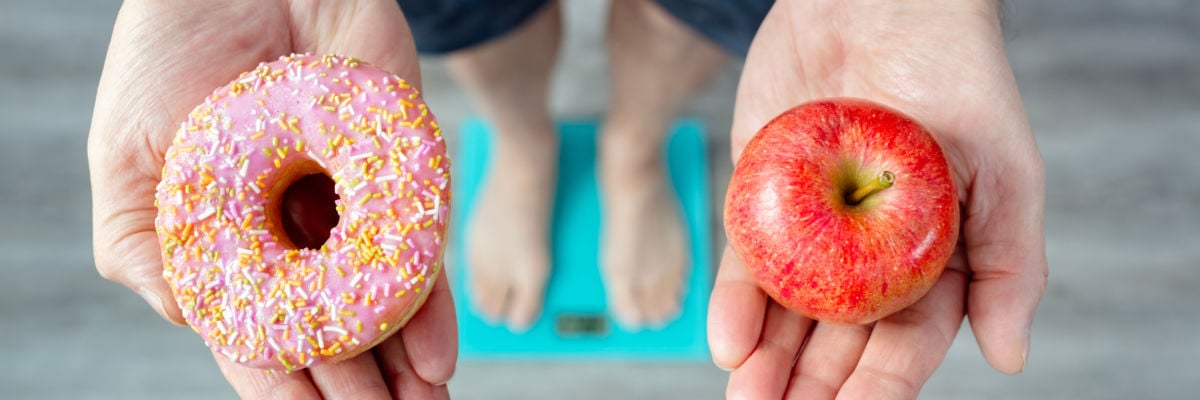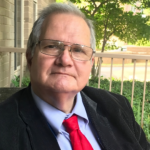
When it comes to speaking about morality, we start with the act.
There are two kinds of acts: acts of man (actus hominis) and human acts (actus humanus). An example of an act of man is breathing or heartbeat. An example of a human act is performing an act of charity.
Both kinds of acts take place in human beings. But only one—the human act—is under the human will and, therefore, human control. That doesn’t mean the other doesn’t matter: your actus hominis of breathing should not be interfered with by my actus humanus of strangling you.
Both acts occur in human beings and, therefore, have a human value. But only one has a moral value, because it is subject to the human will: the “human act.” With all due respect to the Police, you don’t become better “every breath you take,” but you can become better (or worse) with every human act you commit. The crucial distinction is whether an act is voluntary (subject to my will) or involuntary (not subject to my will). An actus hominis is not subject to my will: I can say I’ll stop breathing. I can hold my breath, but at a certain point, the carbon dioxide buildup will force me to exhale.
The will is where my engagement with an act takes place. I stand before a choice. Reason makes arguments for or against doing something. Sometimes those reasons are valid; sometimes they are excuses. Emotions also enter the picture. Sometimes we feel like doing the right thing. Often, we don’t. On the contrary, how often do we wonder how “something can be so wrong when it feels so right”? But emotions don’t determine the good. They’re more like frosting, that make good (or evil) choices easier, more palatable. But we still know that regular heapin’ helpings of devil’s food cake aren’t good for us.
Nor, even, does reason determine morality. Reason may tell us we should or shouldn’t do something, but we’ve all had the experience of doing something we knew we shouldn’t or not doing something we knew we ought. Reason doesn’t move us to act; sometimes, in fact, it paralyzes us from acting.
Reason proposes; emotions incline; the will decides.
The will is where the rubber meets the road. It’s where what we think or feel turns into decision, into action. That’s why the will and the act are central to moral theology.
There are those in the modern world that might ask: why so much attention to the act? Two reasons: (1) what the act does and (2) how constitutive it is of our identities.
When we decide to act, two things happen. Something (usually) gets done outside us, in the world. But something also happens in us.
When I give alms (for the right reasons), somebody is helped. And I also become a better person. When I steal, somebody loses something. And I also become a thief. Acts achieve things out there in the world and in here, in me.
Catholic theology has always known this. It was reinforced in recent times by St. John Paul II, whose pre-papal book The Person and Act reminds us of the reflexive nature of acts: acts make things happen, but they also make me who I am.
Karol Wojtyła also reminded us (in Love and Responsibility) that the person is alteri incommunicabilis. That’s a fancy Latin term that basically says: nobody can decide for me. The one area in which I am always myself is my will. Nobody—not even God—can force me to do something. People might force me to participate in something against my will, but nobody can so take over my will so that he, rather than I, morally defines me.
Each human act that we do makes us who we are morally. Each human act. Our moral lives are not “balance sheets.” God is not an eternal moral bean-counter who, at our particular judgment, totes up 6,847 “good” acts and 6,844 “evil” ones. Real evil—mortal sin—is not compatible with good. A thousand “good” acts do not cancel out one murder of which we have not repented. A shirt with one big bloodstain on the front is not “clean” because 90% of its surface is bleached. It’s dirty—not just a “little” dirty, just like you’re not a “little” pregnant. Good is . . . or isn’t.
Because good and evil make us who we are, they have eternal consequences. As the Church moves towards the end of the liturgical year, where eschatological themes (like death and judgment) come to the fore of our readings, it’s important we understand that an eternal hell is neither a fable nor the work of a tyrannical God who sadistically punishes us eternally for “one little mistake.”
When we cling to what is truly evil, we make ourselves evil, and when we leave this life—when body and soul separate—the time for decision-making ends, because the unity of the human person is broken. What we’ve made ourselves is what we are. Heaven and hell are eternal not just because God made them that way; they’re forever because who we’ve made ourselves into is the fuel for the state we find ourselves in eternally.
Yes, as the moral life develops, we advance from individual acts to moral habits, good (virtues) or evil (vices). But numbers never cancel out the fact that each moral choice we make determines us. Venial sin gradually inclines us toward evil; mortal sin is a full-blown embrace. But what we are is determined by what we decide, and we decide by our acts. That’s why salvation is a battle fought every day, not usually in grand decisions as much as the choices daily living presents.



